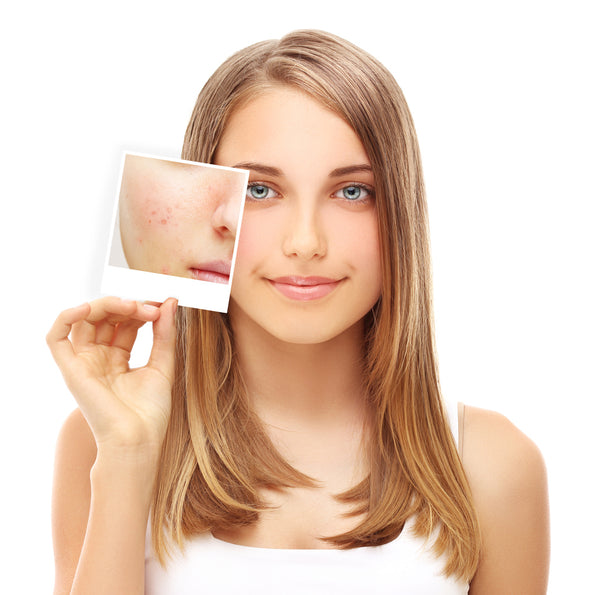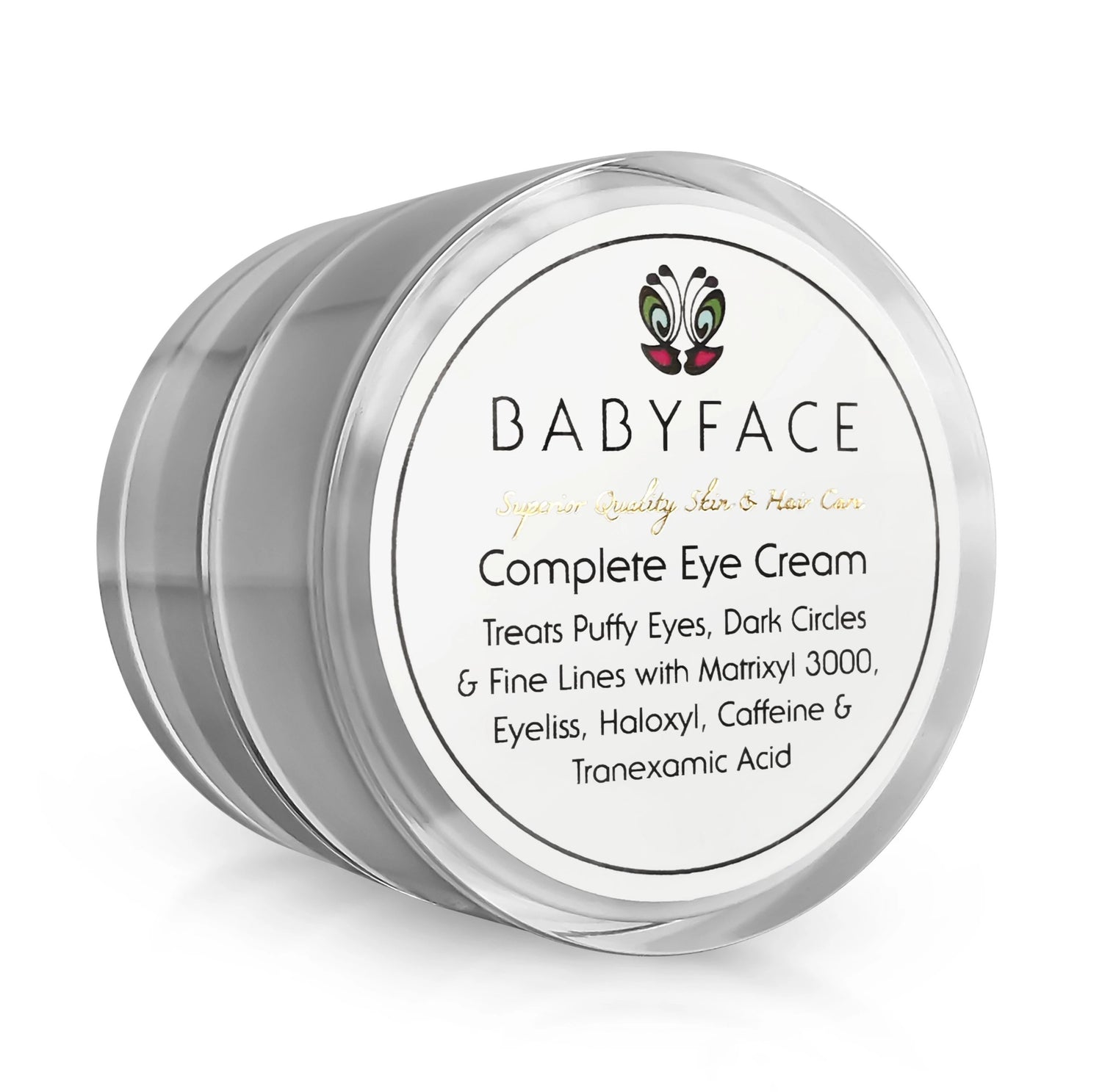Can You Get Rid Of Scars? We Know The Answer.
Chris LloydShare

Question:
I came across your store and wanted to try your products. I am 40, and have several acne scars, scars from attempted laser treatments, and a few age/sun spots starting. What would be your recommended product for scar removal? I have not had any success yet…
Answer:
Getting rid of scars is not easy. You can definitely reduce the appearance – but I’m not going to pretend it will be gone in a week or even a month.
How To Treat And Reduce Scars
Basically, you have to replace the damaged tissue with new tissue. This usually involves the use of some sort of exfoliatiion. Daily use of our Night Renewal Creme, or applying frequent chemical peels to the affected area, like our 40% Lactic Acid can help. TCA peels are also used for scar removal, but those are deep tissue peels and should only be done under your Dermatologist’s supervision.
Next, you’ll need something that promotes new cell regeneration, peptides that build new collagen & elastin, a booster agent to help the “work” happen as fast as possible, and nutrients to feed the skin below so it not only reproduces quickly, but as perfectly as possible. For this I recommend the Collagen Booster Serum with Marine Peptides & EGF.
Lastly, if you have an uneven skin tone, you can use the Babyface’s Bearberry Extract to even out the skin tone and fade any areas of blotchy pigment, such as the darkening from acne scars.
For more information on scars, how to treat or prevent them, read on....
More About Scars and Scar Tissue
Scars form when wounds penetrate to the deeper, thicker layers of skin (dermis and hypodermis). The scar tissue – made of tough, fibrous cells called fibroblasts – will differ from the skin it replaced in appearance and quality. It won’t be able to produce sweat or hair, and it will be more susceptible to sun damage.
Scars are a natural part of the healing process. While not pretty, they keep our insides on the inside.
Early Wound Care Lessens the Severity
It is far more difficult to get rid of scars than it is to prevent – or at least limit – their formation.
First of all, keep your wound clean and covered. Infections lead to more severe scars. The bandage or covering will keep the wound moist, which has been shown to speed up healing. Allow the wound to fully heal before starting treatment and avoid picking at scabs. Moisturize the scar during and after the healing process with an anti-bacterial and anti-inflammatory oil such as Pure Emu Oil.
Most importantly, protect the scar from the sun. Scars have less pigmentation, and a sunburn will put a stop to healing and make the scars much more noticeable, and the damage can be permanent (hyperpigmentation).
Smoking and Scars
Smoking decreases the amount of oxygen in the blood, which significantly slows healing. Furthermore, nicotine constricts blood vessels and thus reduces blood flow to the skin. No doctor worth her lab coat will allow you to undergo surgical scar removal of any kind until you quit, as it undermines effectiveness, complicates anesthesia, and increases the risk of infection.
The good news is that if you quit, research shows that your body will begin to heal normally in as little as four weeks after quitting.
Massage Can Help Get Rid of New Scars and Prevent the Buildup of Scar Tissue
This is one of the best ways to get rid of scars from surgery or accidents. Massaging with moisturizers will increase blood flow to the scar, which will speed up healing, increase collagen production, as well as ensure an even distribution of collagen.
It will also keep the scar moist and prevent a loss in skin elasticity. Press on the scar until it becomes white and massage in all directions – vertically, horizontally, and in circles. Most topical scar treatments are massaged into the skin. As many double blind studies have shown, it is the massage, not the topical treatment (vitamin E, onion extract…etc) that gets rid of scars.
You May Need to See a Doctor
With the amount of research underway, the medical landscape of scars and scarring is certain to keep changing in the coming years. If your scars require something a bit more intrusive, like surgical scar removal, dermabrasion, laser resurfacing, steroid injections…etc – then a Dermatologist will be able to refer you to the right people. There are many procedures and operations that can effectively get rid of scars.
Some treatments - including dermabrasion, laser resurfacing, and chemical peels - involve removing the outer layer of skin. Over a period of time, new, more naturally pigmented and contoured skin takes its place.
Surgical scar revision involves actual removal of the scar. Yes, this will create a new scar, but its shape or direction should be less noticeable. Other options include collagen fillers, grafts, and steroid injections. On the horizon, more sophisticated lasers and drugs (Avotermin) are set to revolutionize scar treatment in the coming years.
According to the American Society of Plastic Surgeons, even when these procedures are performed correctly by a qualified professional, complications are possible. Whenever possible, we highly recommend seeing Dermatologists and plastic Surgeons who are Board Certified.
